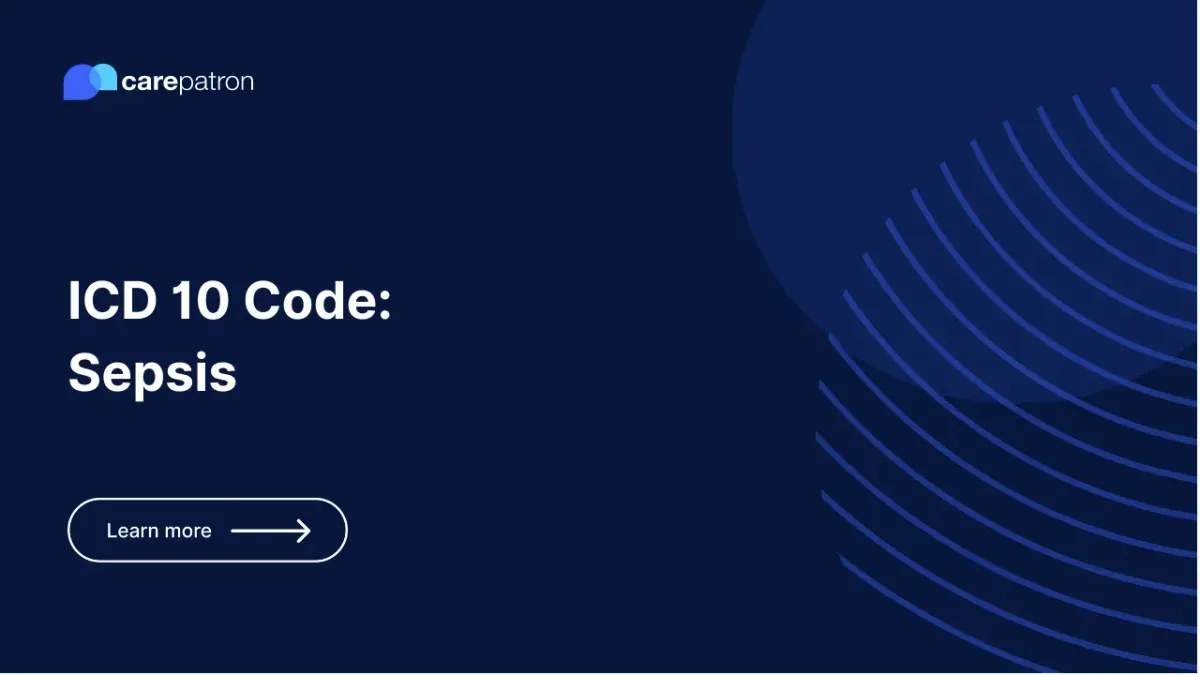
Sepsis ICD-10-CM codes | 2025
Learn more about the ICD-10 codes used for Sepsis, their billability, synonyms, and FAQ answers. Feel free to use our guide to code sepsis more accurately.
Use Code
Commonly asked questions
Practitioners can use a sepsis ICD code if the patient is exhibiting symptoms of sepsis and it has been confirmed by one or several tests.
All of the specific ICD codes mentioned above related to sepsis are billable.
Common treatments for the sepsis diagnosis codes are medications, antibiotics, pain relievers, and insulin. However, the treatment will still differ depending on the patient's sepsis stage.
EHR and practice management software
Get started for free
*No credit card required
Free
$0/usd
Unlimited clients
Telehealth
1GB of storage
Client portal text
Automated billing and online payments
